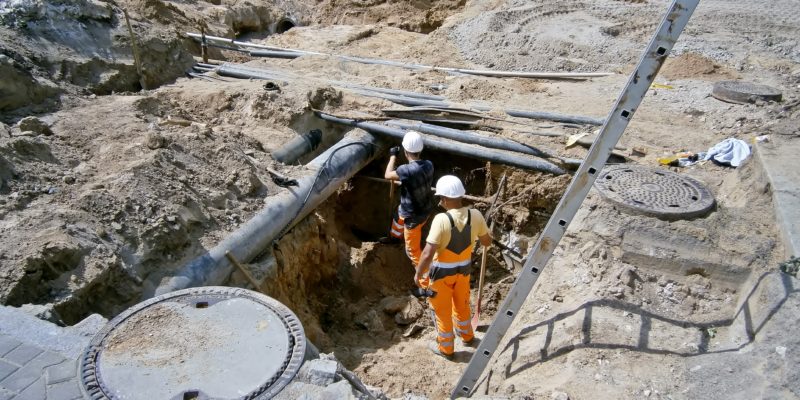By Matt Kent
Published February 2, 2019
In his recent State of the State address, Gov. Andrew M. Cuomo threw his support behind a key plank of the growing movement to properly define public work construction. His call that “project construction with public subsidies should be subject to the prevailing wage so they’re built right” is encouraging news for fans of responsible government.
The New York Foundation for Fair Contracting, a nonprofit promoting a level playing field in public construction to benefit taxpayers, contractors and workers, applauds Cuomo’s initiative.
For over a century, New York State has required contractors on taxpayer-funded government construction projects to pay workers the region’s “prevailing wage.” This practice, and the requirement these projects be competitively and transparently bid, have long enjoyed bipartisan support throughout the state.
However, many economic development projects in place across the state fall outside the long-standing taxpayer and worker protections built into state law. Millions of taxpayer dollars are spent without the transparency demanded of traditional public work projects.
Properly defining “public work” to include all projects supported with public money (including IDAs, regional economic development councils, and the Buffalo Billion) will promote accountability and transparency in government spending. It’s unacceptable that the current loophole allows public money to bypass this process as it goes to private interests.
As reported in The News, some critics called the governor’s prevailing wage proposal a “death sentence” for upstate economic development, saying it would increase costs and hurt the local economy. Quite the opposite – the vast majority of peer-reviewed studies find no connection between prevailing wage and project costs. In fact, when Indiana outright repealed its prevailing wage law, the Midwest Economic Policy Institute found the state “failing to deliver any meaningful cost savings or increased bid competition promised by those in favor of repeal.”
Instead, the repeal triggered an 8.5 percent collapse in blue-collar construction worker pay and a surge of out-of-state workers on state construction jobs. Conversely, communities with robust prevailing wage laws report stronger tax bases and lower reliance on public assistance programs. Weak fair contracting laws hurt workers and make little economic sense.
The New York Foundation for Fair Contracting is encouraged by the prospect of an inclusive definition of public work, which will result in greater protection for state taxpayers, better pay for local workers, and fair and transparent bidding.
Matt Kent of Buffalo is an analyst with the New York Foundation for Fair Contracting.

